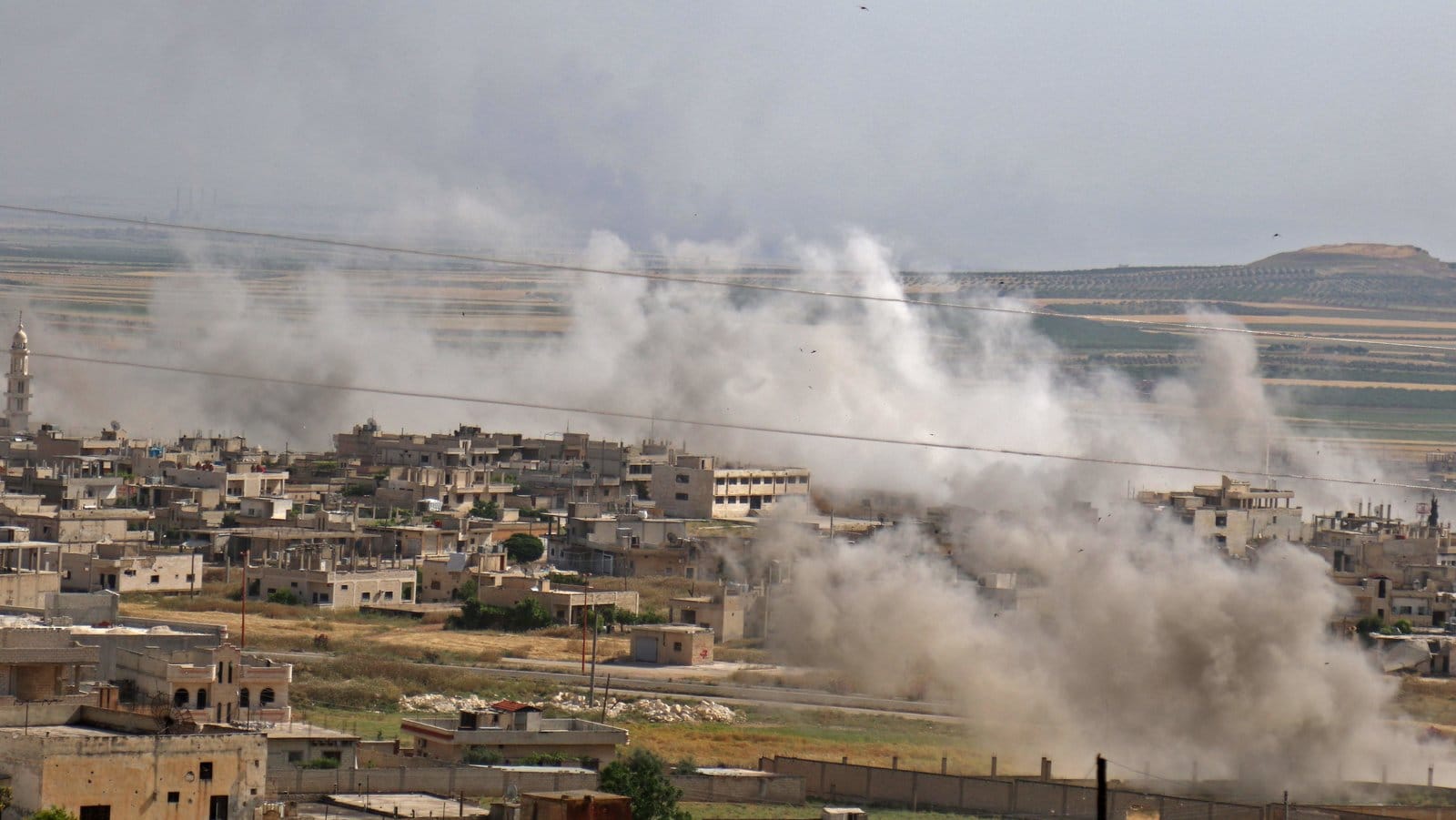The Syrian civil war, which began in 2011, has led to one of the most devastating humanitarian crises of the 21st century. The conflict has drawn in numerous international actors, extremist groups, and has raised concerns over the use and proliferation of chemical weapons. In recent years, there have been several reported instances of chemical attacks, leading to widespread condemnation and calls for greater international oversight and intervention.
In a significant development, the leader of a major Syrian rebel group has announced that his organization is working in conjunction with international partners to secure chemical sites across the country. This effort aims to prevent these sensitive facilities from falling into the hands of extremist groups, who could potentially use them to carry out attacks or produce chemical agents.
The rebel leader, who wished to remain anonymous due to security concerns, stated that his organization had been in contact with representatives from several Western countries, as well as the United Nations, to discuss the security of chemical sites in Syria. He emphasized that the primary goal of this collaboration was to prevent the misuse of these facilities and to ensure that chemical agents did not fall into the wrong hands.
“We are committed to working with our international partners to secure these sites and prevent them from being used for nefarious purposes,” the rebel leader said in a statement. “We recognize the gravity of the situation and the potential consequences of these facilities being compromised.”
The international community has been actively engaged in efforts to address the Syrian chemical weapons crisis. In 2013, the United States and Russia brokered a deal to dismantle Syria’s chemical arsenal, which was overseen by the Organization for the Prohibition of Chemical Weapons (OPCW). However, despite this agreement, there have been ongoing concerns over the presence of chemical agents in Syria and the potential for their misuse.
The OPCW has confirmed that several instances of chemical attacks have occurred in Syria since the 2013 agreement, leading to widespread condemnation and calls for greater action. The international community has also imposed sanctions on several Syrian officials and entities accused of involvement in the development and use of chemical agents.
The rebel leader’s announcement has been welcomed by international partners, who see it as a positive step towards addressing the chemical security crisis in Syria. A spokesperson for the United States Department of State praised the rebel group’s commitment to securing chemical sites, stating that “we appreciate the efforts of our Syrian partners to prevent the misuse of these facilities and to ensure the safety of civilians.”
However, not all parties have been equally enthusiastic about the development. The Syrian government, which has long accused rebel groups of seeking to destabilize the country, has criticized the rebel leader’s announcement as a ” publicity stunt” designed to garner international support.
As the Syrian conflict continues to evolve, the security of chemical sites remains a pressing concern for the international community. The rebel leader’s announcement has highlighted the need for greater cooperation and coordination between international partners and Syrian groups to address this challenge and prevent the misuse of chemical agents.
The situation in Syria remains complex and fluid, with numerous actors vying for influence and control. As the international community seeks to address the chemical security crisis, it must navigate this complex landscape and work to build trust and cooperation with a range of stakeholders. The rebel leader’s announcement is a positive step in this direction, but much work remains to be done to ensure the security of chemical sites and to prevent the misuse of these sensitive facilities.


